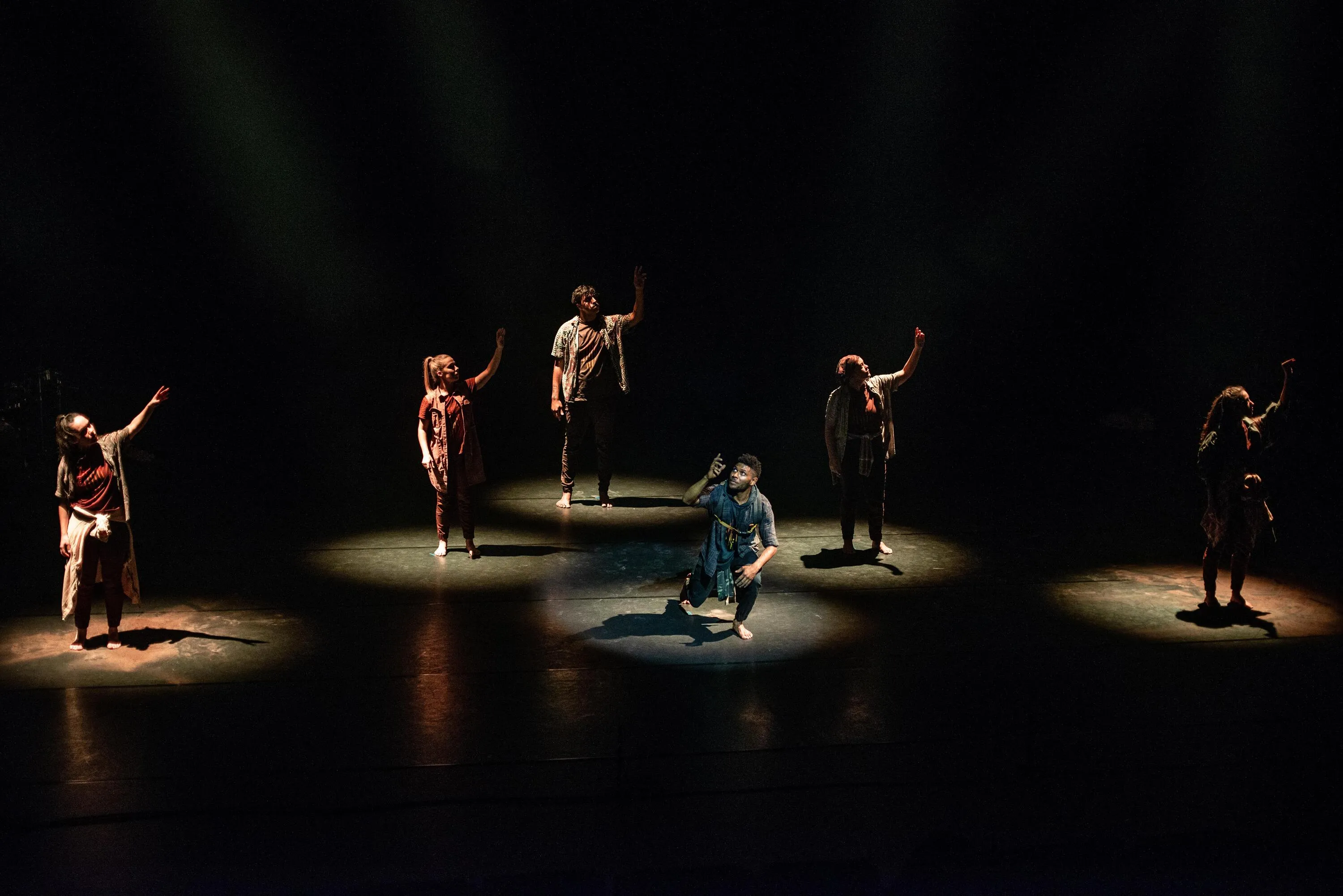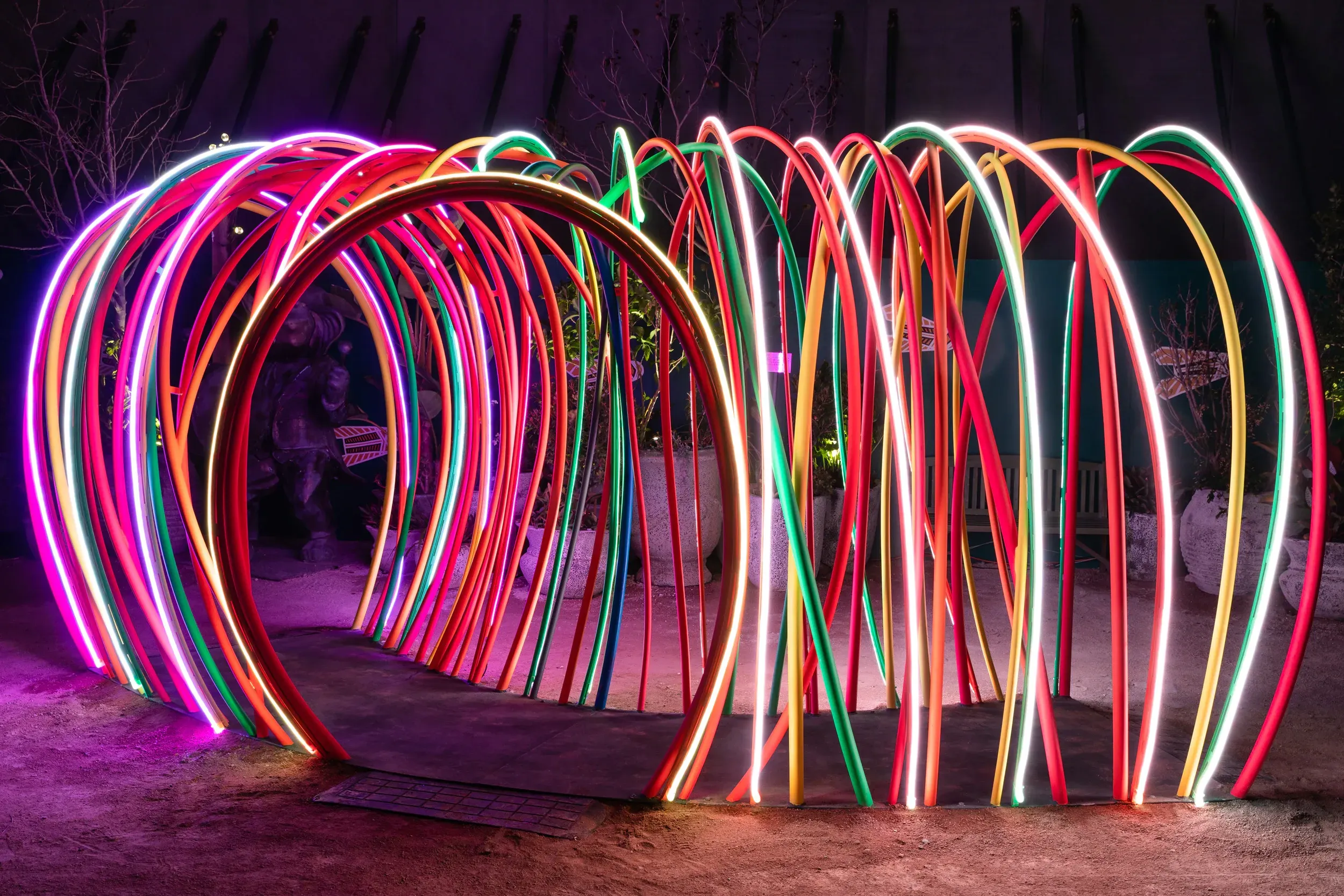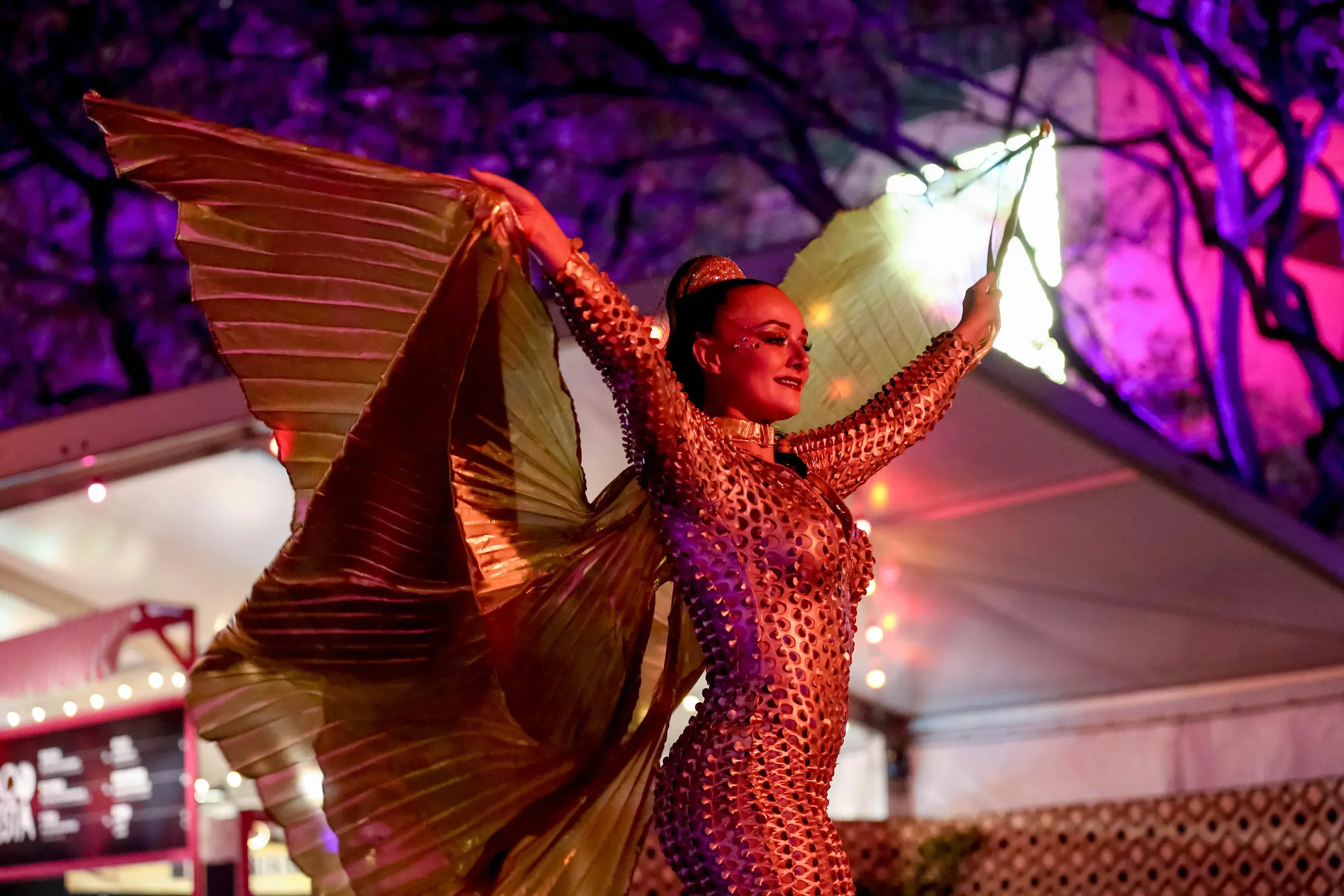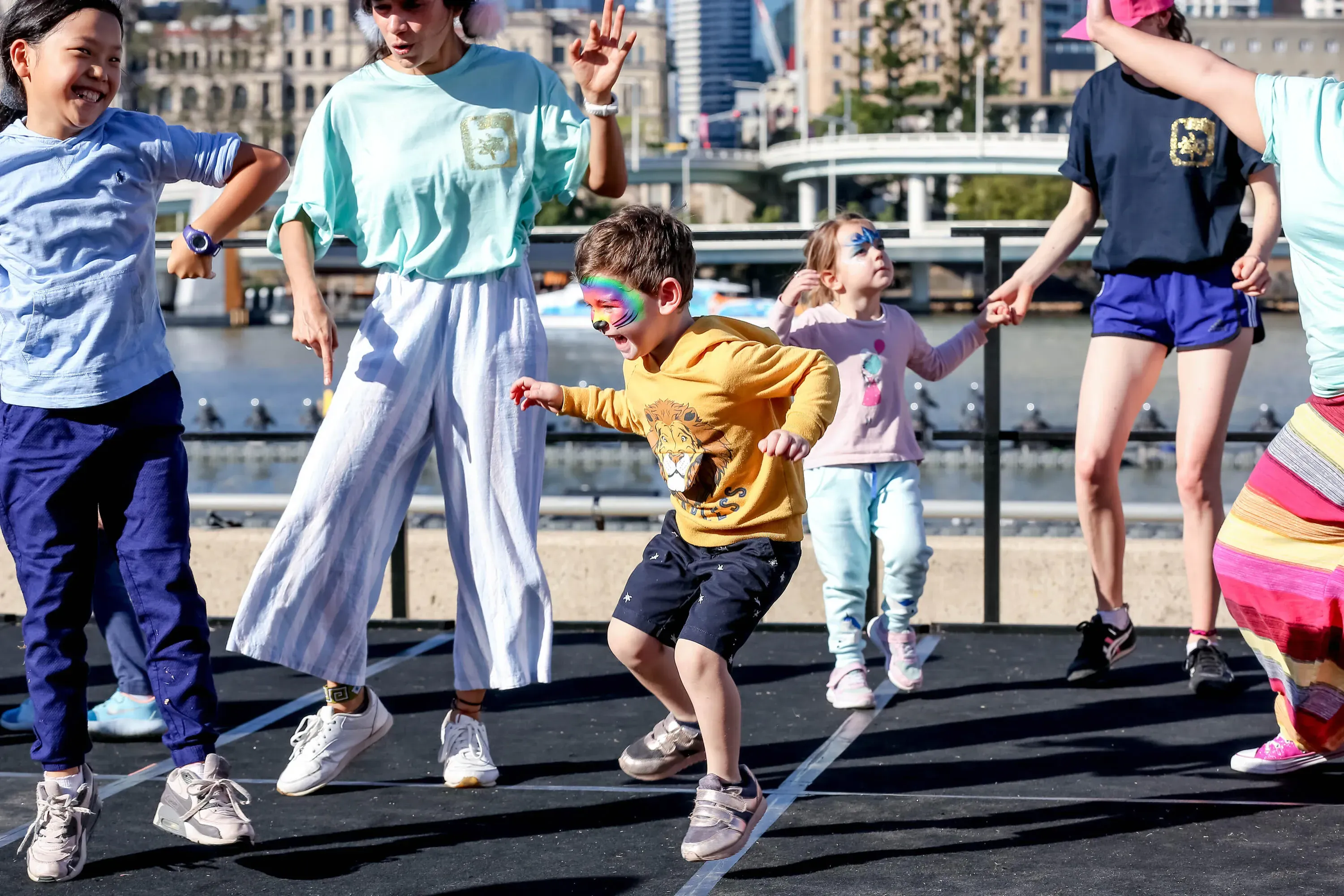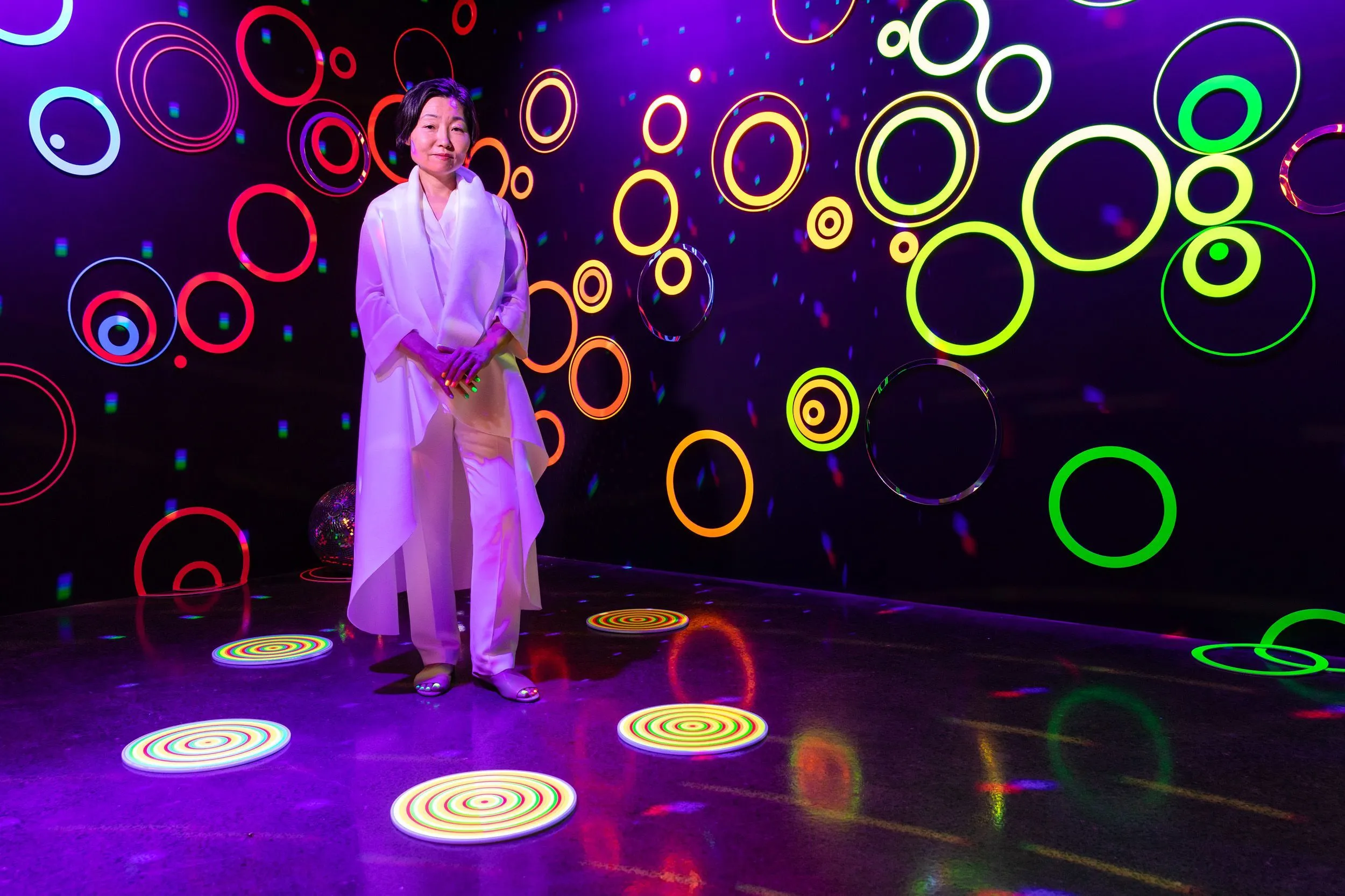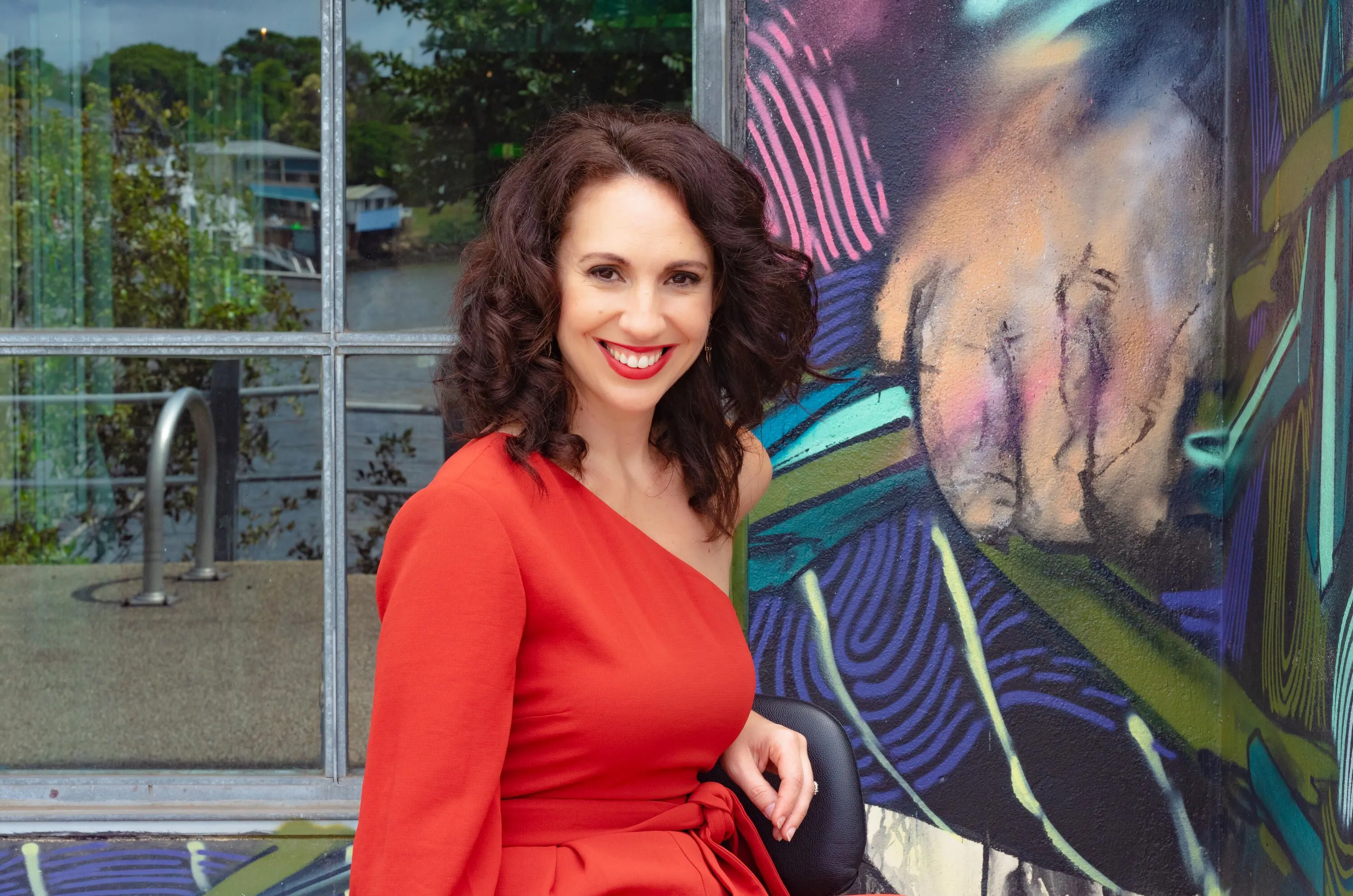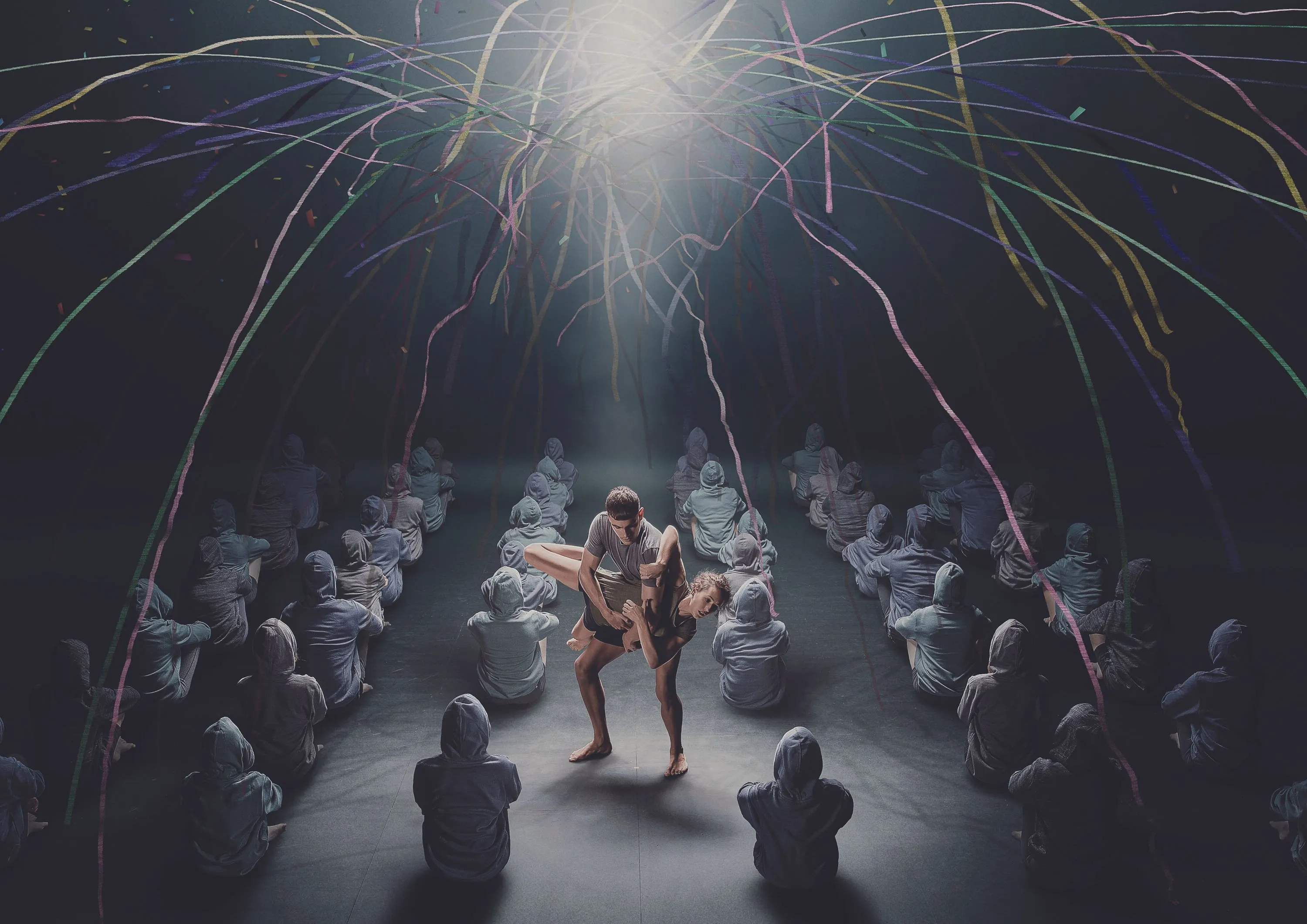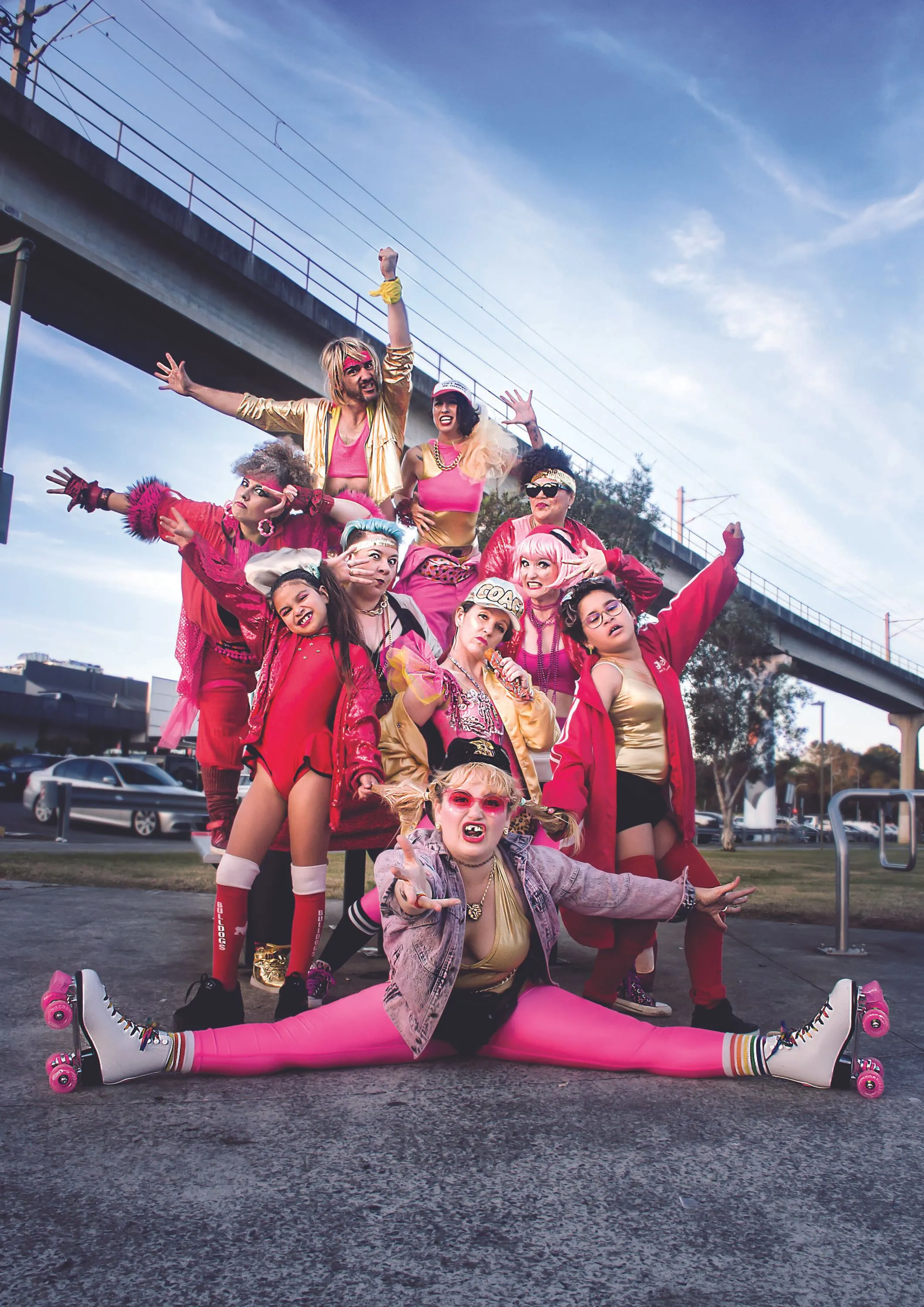Festivals Find a Way
Written by

Brisbane Festival’s new Artistic Director, Louise Bezzina, had a dream start to her tenure.
Six months out from the most anticipated event in Queensland’s arts and cultural calendar, she’d finalised her inaugural program, shored up government, corporate and philanthropic support and was preparing to launch her Boldly Brisbane vision.
Then, on 11 March 2020, the World Health Organisation declared COVID-19 a global pandemic and everything changed.
Brisbane Festival – like international arts festivals in New Zealand and the world over – faced the impossible task of staging an event when borders were closed, when theatres and performance venues were dark and when artists were unable to rehearse and collaborate.
“The world was in a perilous state and while I accepted that initial program was no longer reflective of this time, I could not accept the possibility that Brisbane Festival would not return in 2020,” Bezzina says.
Over mere weeks, Bezzina and her team pivoted, pirouetted, pumped the hand sanitiser and pulled together an entirely new program, a reimagined Festival that was both of and about this pandemic time.
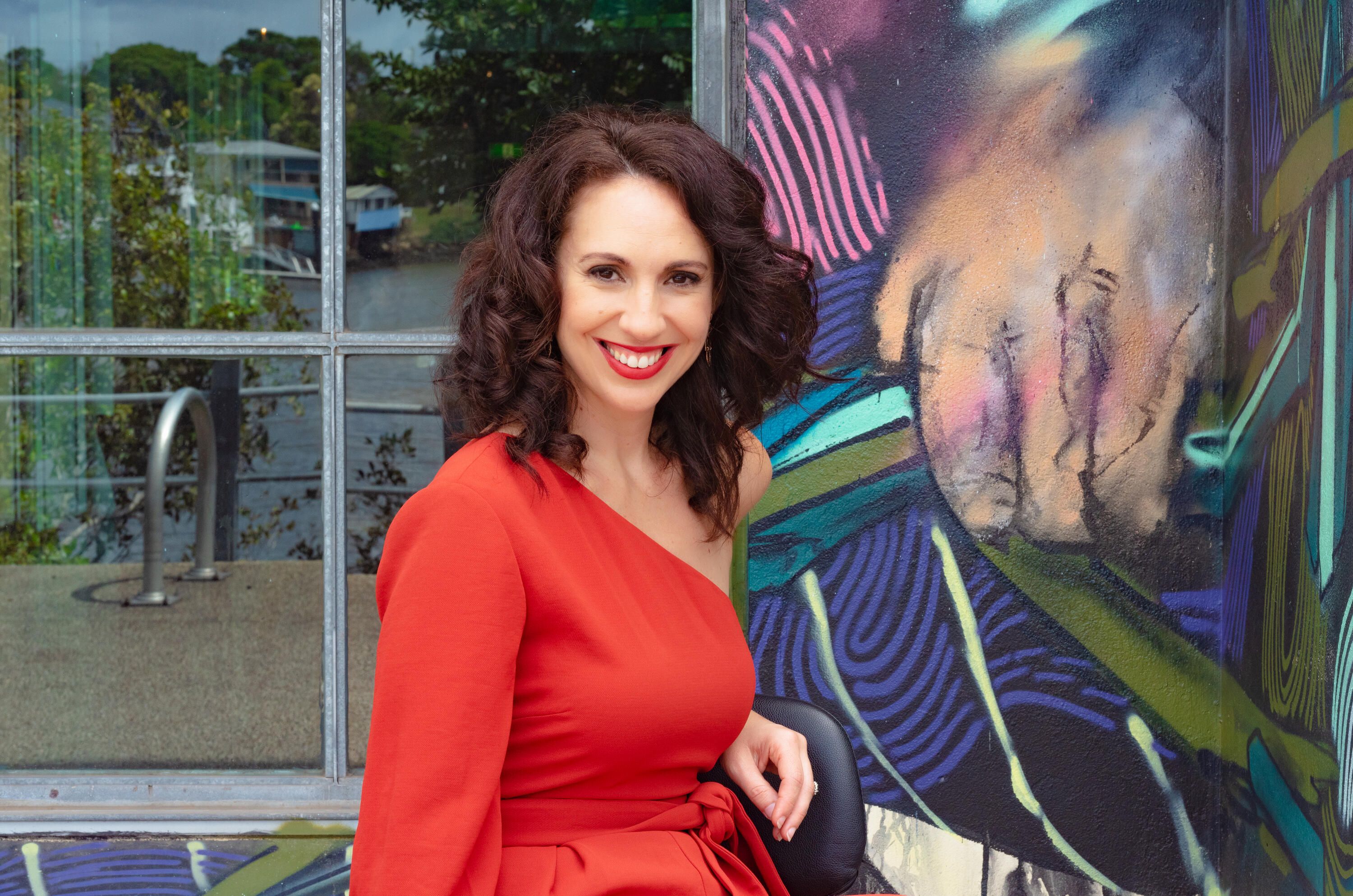
Brisbane Festival Artistic Director Louise Bezzina. Photo: Jade Ferguson.
World-class local talent was championed, non-traditional venues emerged, new performance delivery methods were explored and all-pervasive pandemic themes – both serious and silly – took centre stage.
The global arts community took interest, observing how Brisbane Festival celebrated the reawakening of the city after a difficult and demanding period of isolation by focusing on homegrown heroes, local luminaries and exceptional experiences.
From 4 -26 September, the ambitious Festival staged 573 performances across 244 locations; programmed 120 events, 101 of which were free; commissioned 28 brand-new works; and provided employment for a staggering 1002 local artists and arts workers.
With 84 percent of the program free, Brisbane Festival’s goal was to fill the city with art, music and joy.
Taking it offline
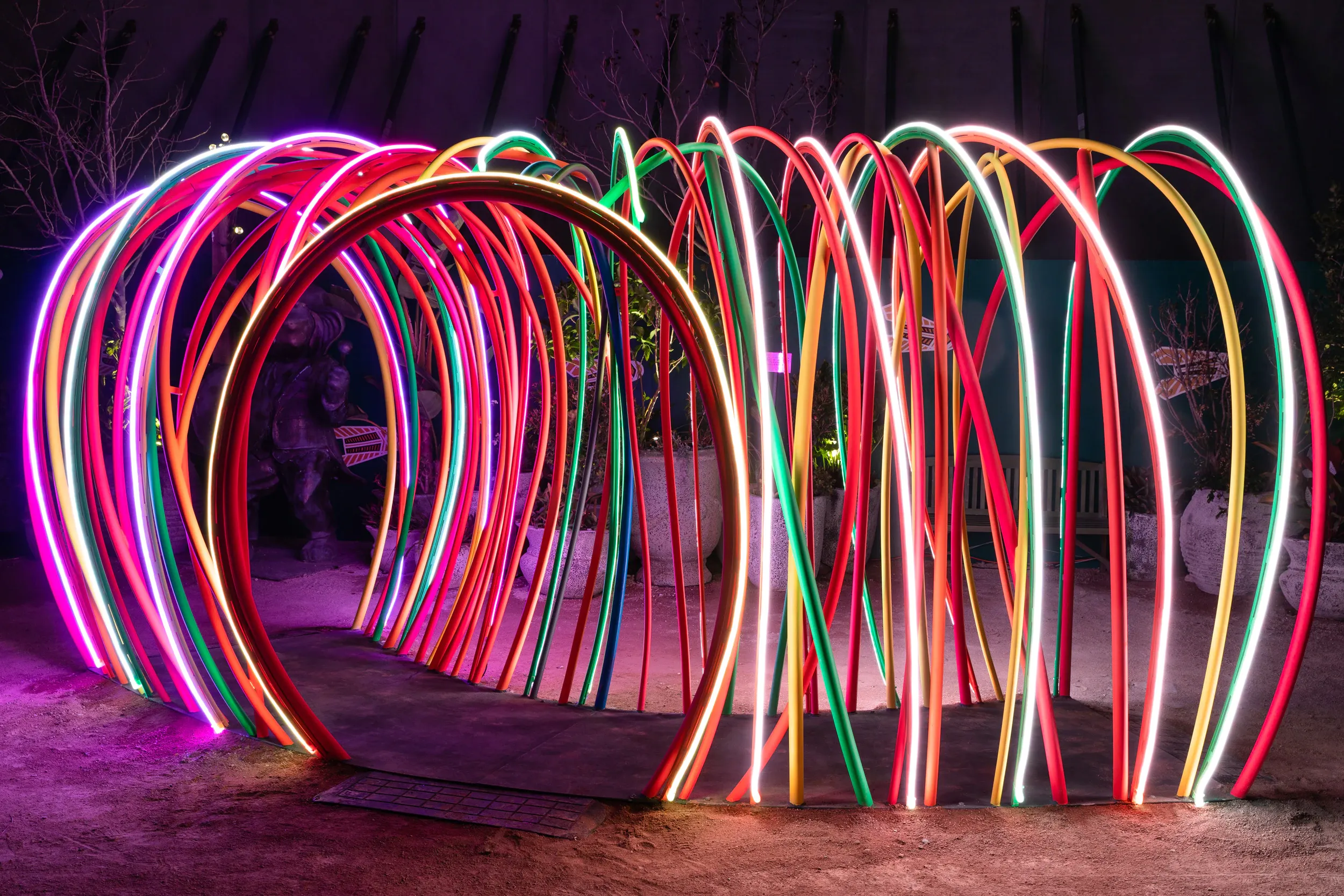
Hiromi Tango's Rainbow circles - healing circles at Brisbane Festival 2020. Photo: Joe Ruckli.
During the pandemic, artists and organisations experimented with digital performance delivery to connect with arts-starved audiences.
Facebook data showed live broadcasts on the platform had doubled by June 2020.
The social media giant recently gave creators the option to charge for live events, providing arts and entertainment industries with a much-needed potential revenue stream while venues remain shut or operating at limited capacity.
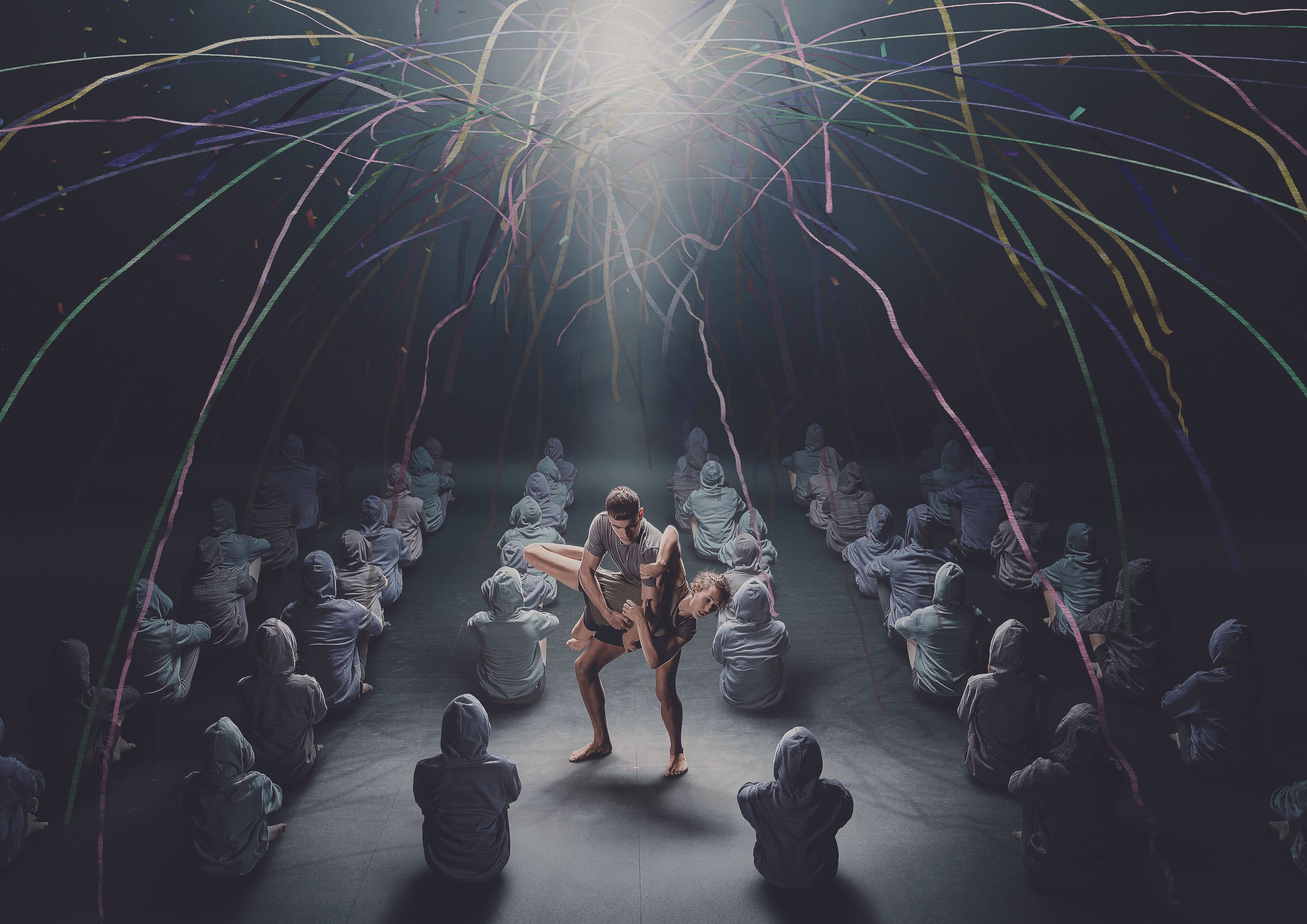
Leviathan, part of Brisbane Festival 2020. Photo: Damien Bredberg.
Fittingly, a live stage version of a live-streamed lockdown hit, The IsoLate Late Show, opened Brisbane Festival.
The IsoLate Late Show, a 90-minute live variety show, brought the cream of Australia’s musical and theatre talent into locked-down living rooms over 10 weekly shows via Facebook Live.
As its sold-out Brisbane Festival season demonstrated, the model transitioned seamlessly to the stage – and brought its online audience with it – when venues reopened.
Digital evolution
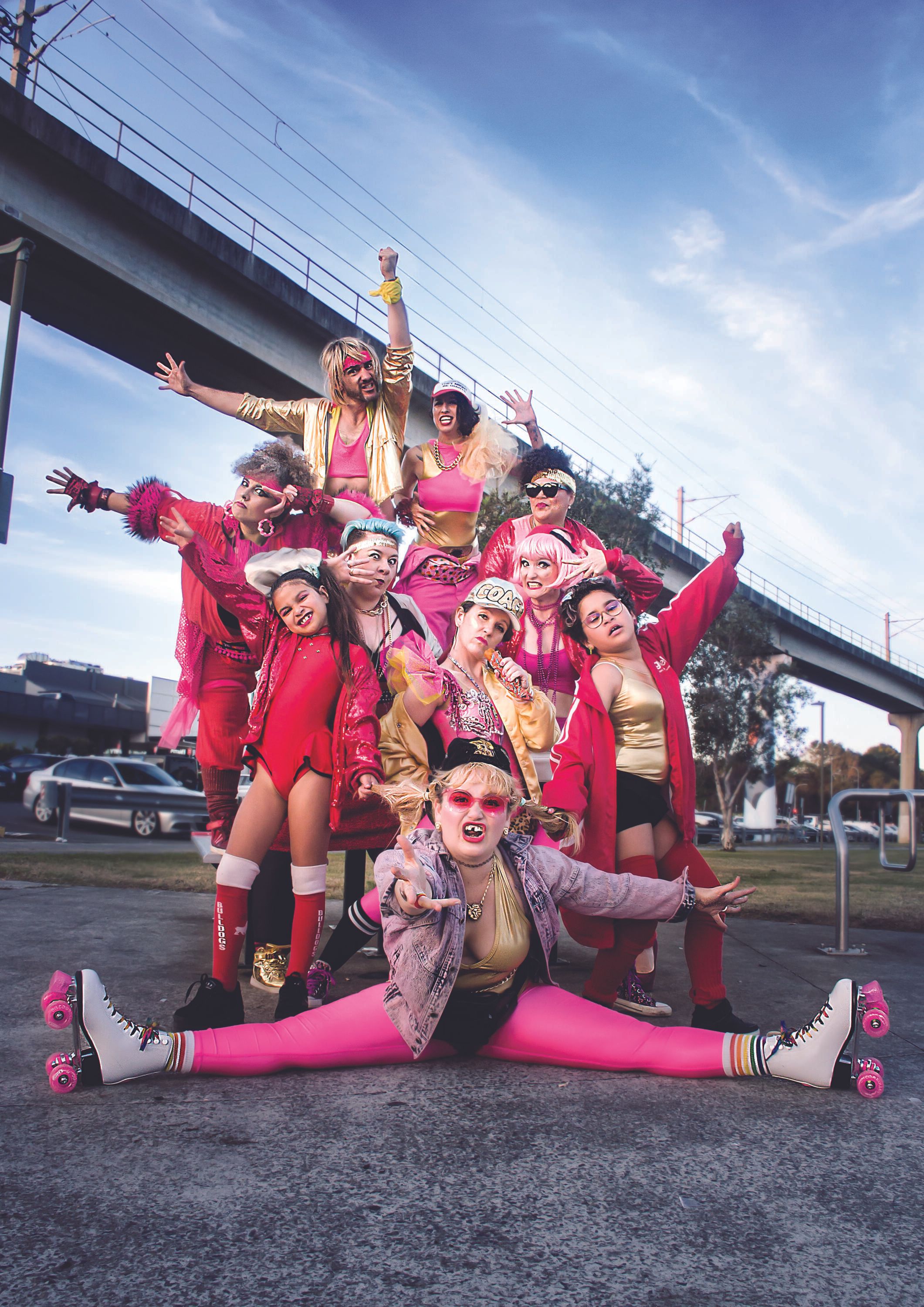
Common People Dance at Brisbane Festival 2020. Photo: Raw Bones Photography.
Digital performance is a safe bet while the world continues to spin and spiral but as restrictions ease and “Zoom fatigue” sets in, it will be interesting to witness its evolution.
Could online theatre subscriptions be the way of the future? Will we start to view the arts more like the on-demand style of video streaming services? With Disney+ releasing Hamilton before it has toured New Zealand, will people be satisfied with this rather than an in-theatre experience?
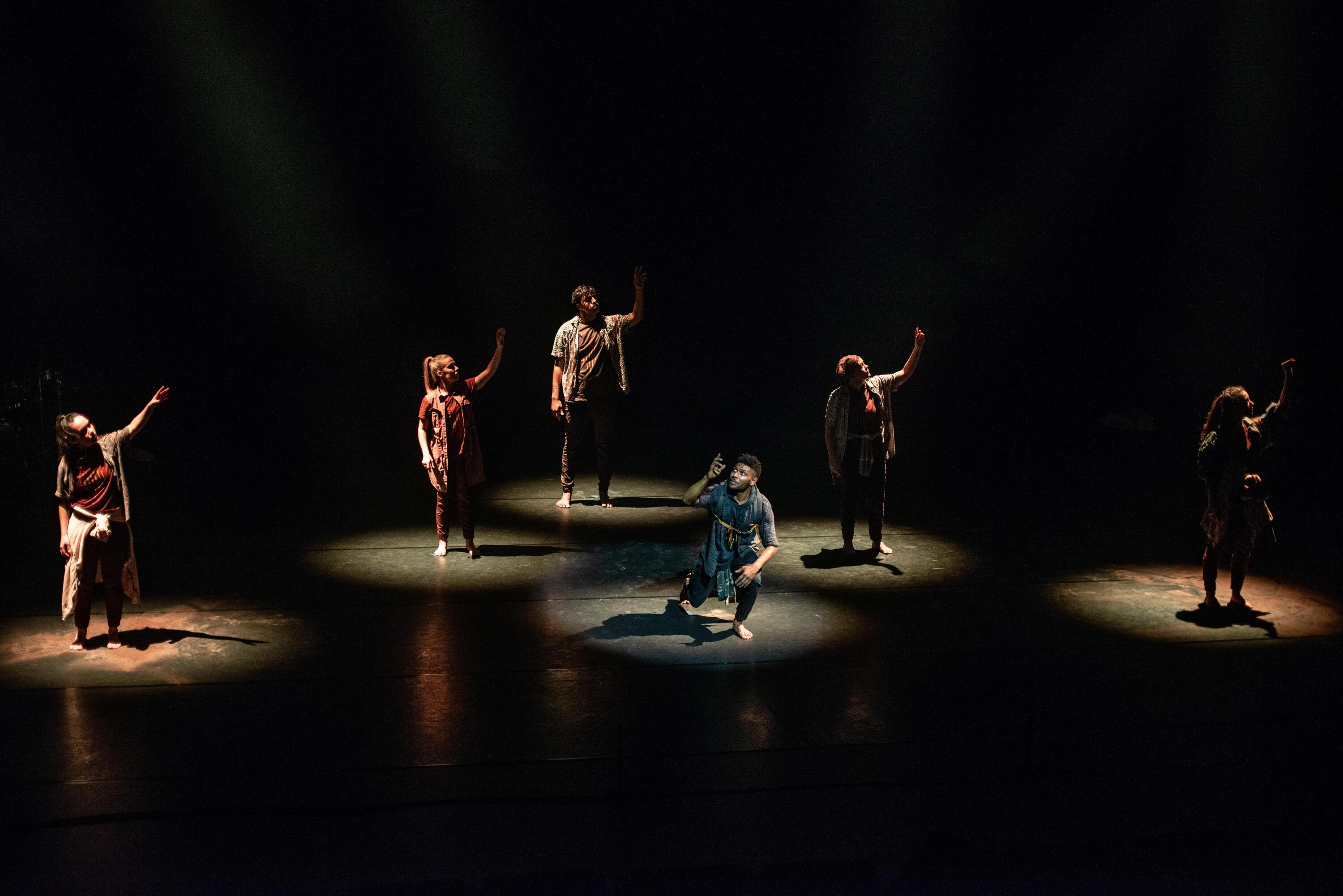
Production of Silence at Brisbane Festival 2020. Photo: Simon Woods.
Digital delivery has proven benefits – low overheads, exposure to new audiences and greater accessibility and affordability – but nothing can truly replicate social interaction.
Music festivals, touring musicals, major stadium events and multi-date arts and cultural festivals that rely on drawing big names and big crowds to turn a profit will suffer while social distancing remains in place.
As such, they are taking their cues from how smaller, more nimble members of the arts industry navigate the online-offline divide as well as those trailblazing festivals and major events testing the post-pandemic waters.
Glimpse into the future
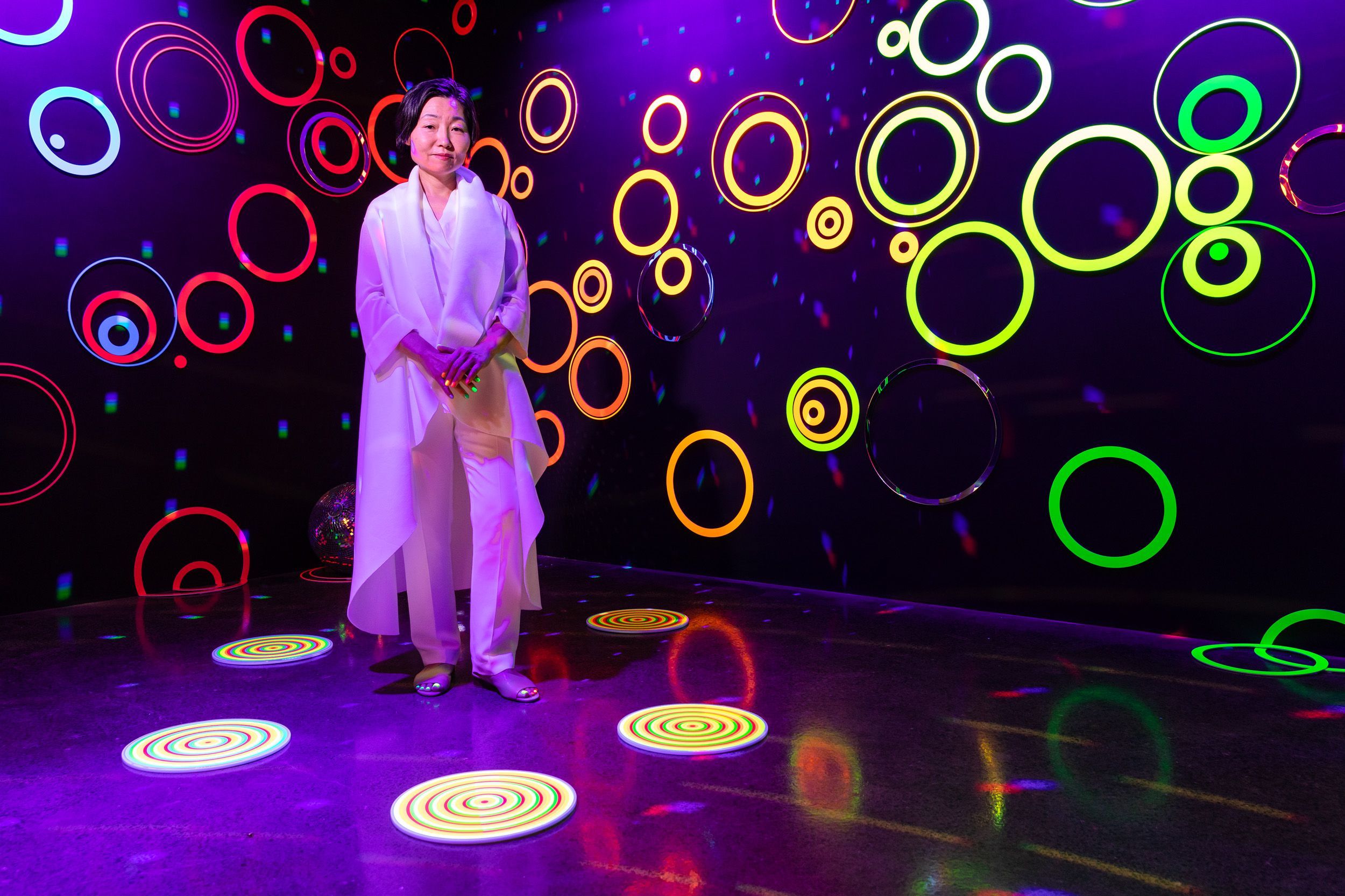
Artist Hiromi Tango in her work, Brainbow Room. Photo: Joe Ruckli.
If 2020 has taught us anything, it’s that unpredictability is the only true certainty.
Still, some early success – such as that experienced by Brisbane Festival – shows a glimmer of hope for global arts festivals.
With the indefinite closure of international borders, producers are predicting international artists won’t tour Australia or New Zealand before June 2021.
To combat this, festivals and events are placing a strong focus on celebrating local talent, taking pride in where people live and highlighting unique, homegrown talent.
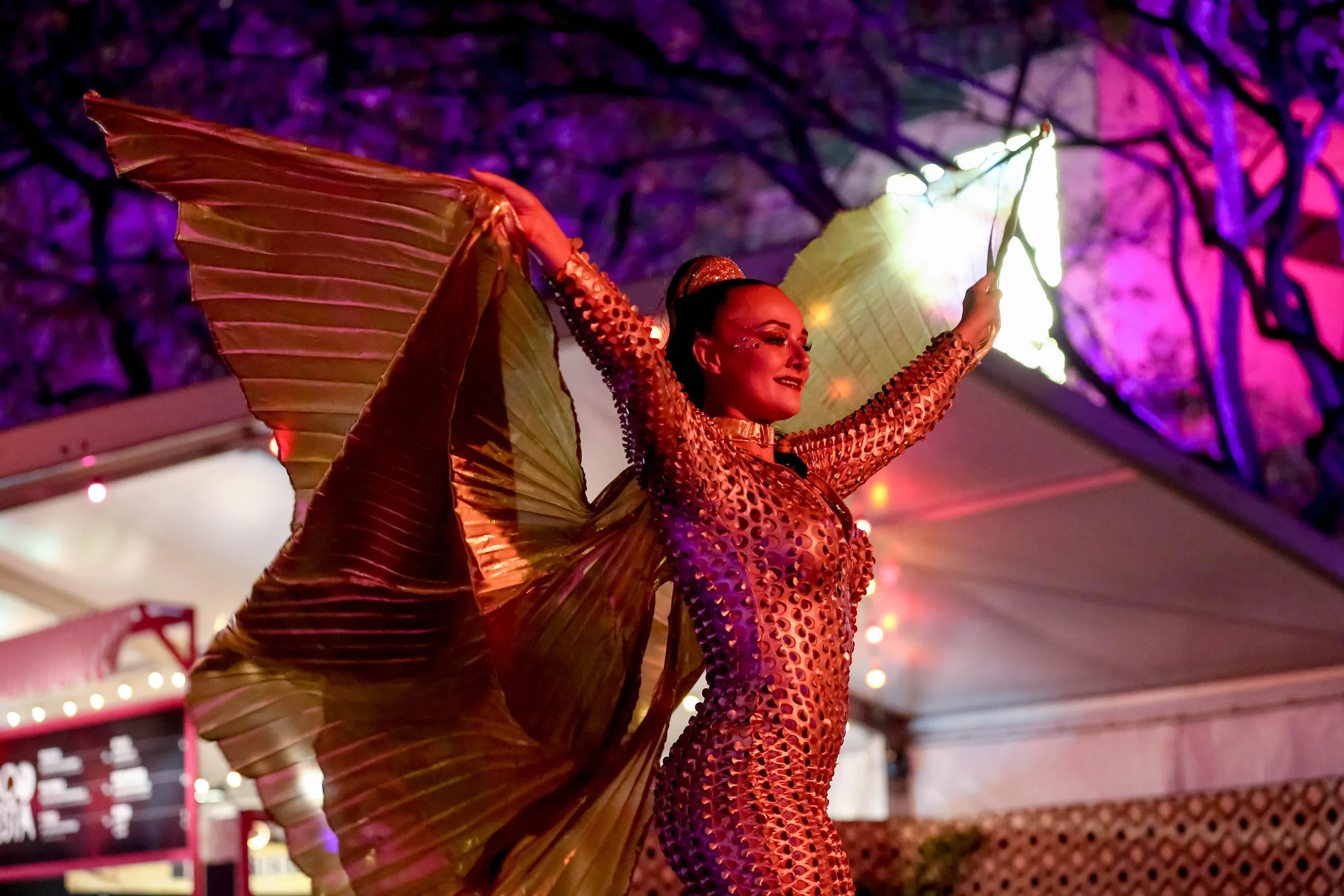
Community event at Brisbane Festival 2020.
Social distancing restrictions which slash audience capacity have also sparked creative solutions among venue operators: established theatres are replacing fixed stall seating with flexible options and live music venues are morphing into cabaret clubs and theatre restaurants.
Digital delivery is here to stay but it’s likely a hybrid model combining in-person events and live-streaming will become the new normal for arts and entertainment.
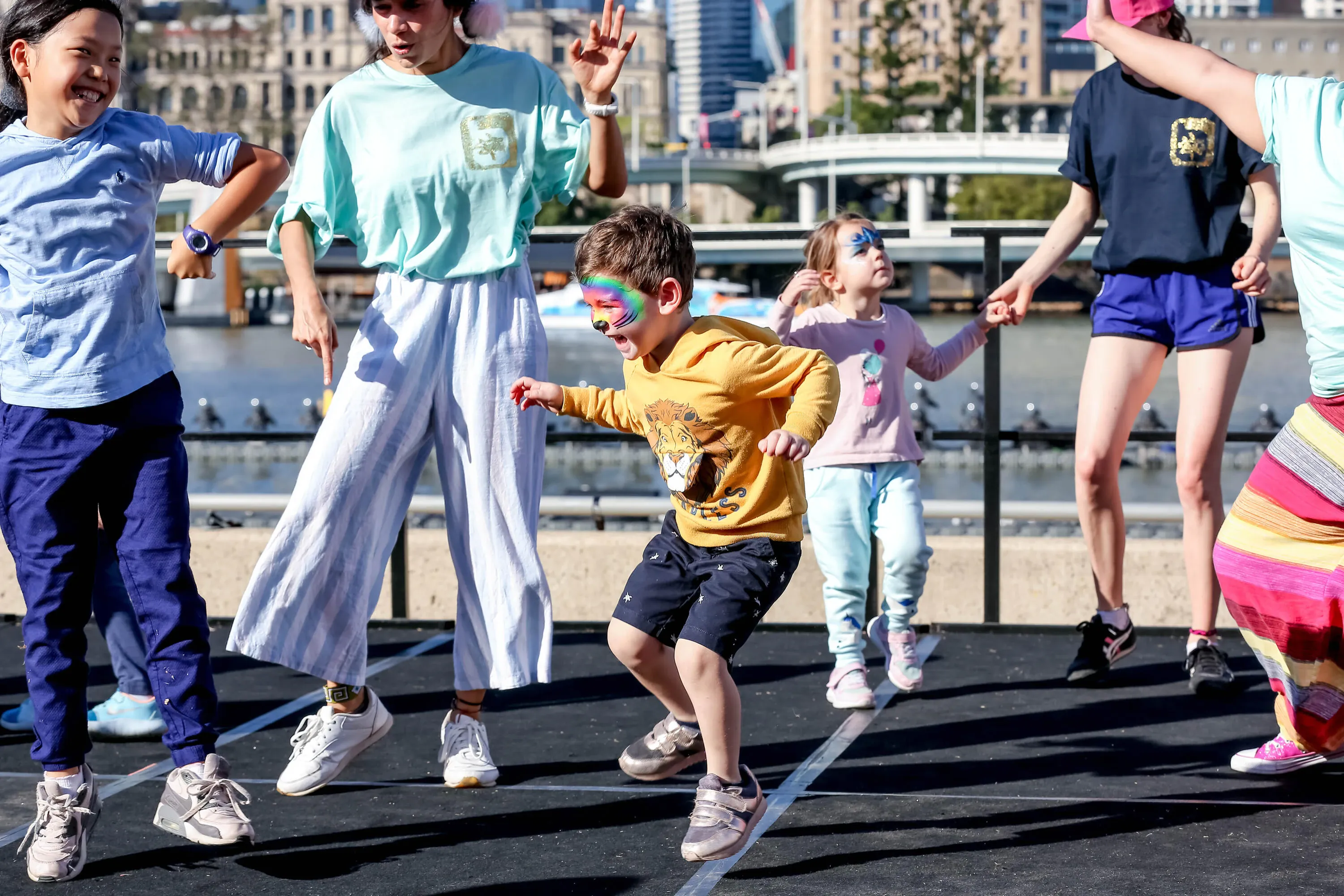
Local Children enjoying a free event at Brisbane 2020.
Not only will this remain flexible to changing social distancing requirements, it will give artists a world stage to reach new audiences.
Festival programming is destined, in the short-term at least, to be reimagined with creative output – from performance themes to production values – reflecting these very strange times.
Written by Aruga's Belinda Seeney.
